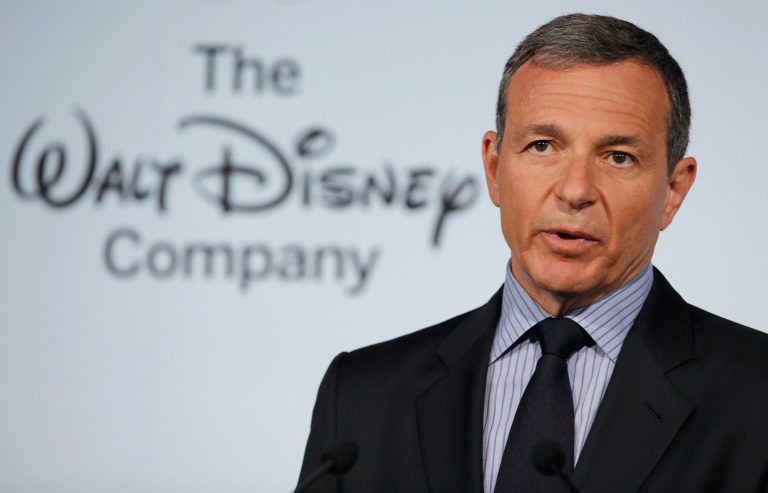(AFP) – If you want to know who’s going to win the White House in November, ask the people of Clallam County. The 78,000 folks who live in this strip of mountains, forests, and rain-dashed coast in the far northwest of the continental United States haven’t been wrong about their presidential pick in almost half a century.
“Our county is a bellwether county,” explained Rod Fleck, city planner in Forks, a small city in Washington state built on a once-enormous timber industry. “We are the last county that how it votes in November has been an indicator of how the presidential election turns out.” Between Ronald Reagan’s win in 1980 and Donald Trump’s victory in 2016, just 19 of the several thousand counties across the country always picked the winner. But in 2020, 18 of them stuck with Trump, who lost the election. Only Clallam County voted for Joe Biden, keeping its record alive.
– Neither red nor blue –
Like many of the other former bellwethers, Clallam’s demographic profile doesn’t look like that of the US as a whole. It is less diverse — almost 80 percent of the population is white — with a lower proportion of college-educated voters, and a median household income below the national average. And politically, it’s what Hickory Grant, who runs a repair shop in Forks, calls a purple county. “I wouldn’t say it’s red, I wouldn’t say it’s blue. So it’s got to be somewhere in the middle.” Grant grew up in Kansas and set off for an adventure in Alaska as a young man but got waylaid in Forks when his truck broke down. Twenty years later, he sits on the five-person city council, a role he says he wouldn’t have if he wasn’t deeply conservative. “This is a small town. Everybody knows where everybody stands,” Grant said. The large “Trump 2024” flag outside his workshop dispels any lingering doubt.
– Economic squeeze –
Like many in his community, Grant has felt the effect of the slowing timber industry, squeezed by international competition, a faltering national house-building program, and environmental rules. He said he has never really enjoyed politics but feels it’s his civic duty to offer a counterpoint to Washington state’s Democratic tendencies. “Being a conservative in a sea of liberals is frustrating sometimes,” he said. “It fits me well here in Forks. I would probably not be welcomed as much in Port Angeles.” A plaque by the county courthouse in Port Angeles notes that under a plan conceived by Abraham Lincoln, Clallam’s county seat was once intended to be a second US capital — a backup to Washington, DC if the country ever needed to be ruled from the West. The city’s 20,000 people lean Democratic, though Trump yard signs are not hard to find.
– Tourists and retirees –
Like Forks — the destination for thousands of visitors keen to see where the “Twilight” books and films were set — Port Angeles is a tourist draw. The city has a ferry connection to Canada and is the gateway to stunning Olympic National Park, where temperate rainforests abut snow-capped mountains. Mark Ozias, Clallam County commissioner, said the decline of timber over the last few decades has seen the area pivot. “The tourism economy is a very important component of what makes the county run,” he told AFP.
A long-term demographic shift in the east of the county may be part of what is keeping Clallam in line with America as a whole, said Scott Chichester, who farms 30 acres (12 hectares) near Sequim. “We get a subsample of people from all over the place that end up here,” he said. He has seen his hometown grow as retirees — initially from California, but now from all over the United States — moved in, drawn by the area’s relative affordability and climate. The county “has become less stuck in very old ways, with more diversity of opinions and points of view and cultural references over time,” Chichester said.
For Ozias, the commissioner, that looks likely to translate into a Democratic Party victory. “I’m going to roll the dice and say that I think there’s a really good chance that Clallam County is going to continue to be a bellwether county and vote for Kamala Harris,” he said. In Forks, Fleck has his fingers crossed for the same. But if not? “I’m hoping that we still have places in rural America where the political differences are whatever they are, and the next day, you help your neighbor,” he said.
– Huw GRIFFITH
© 2024 AFP




